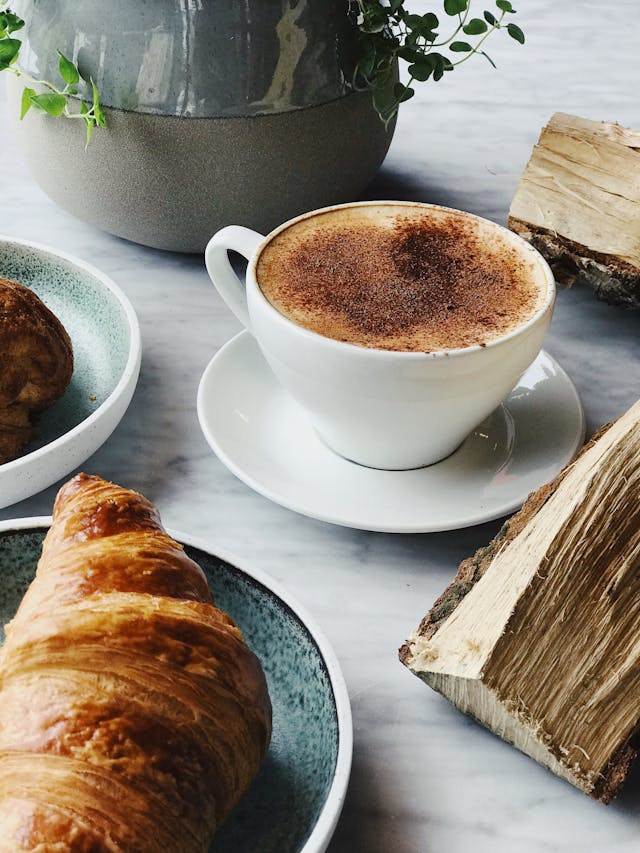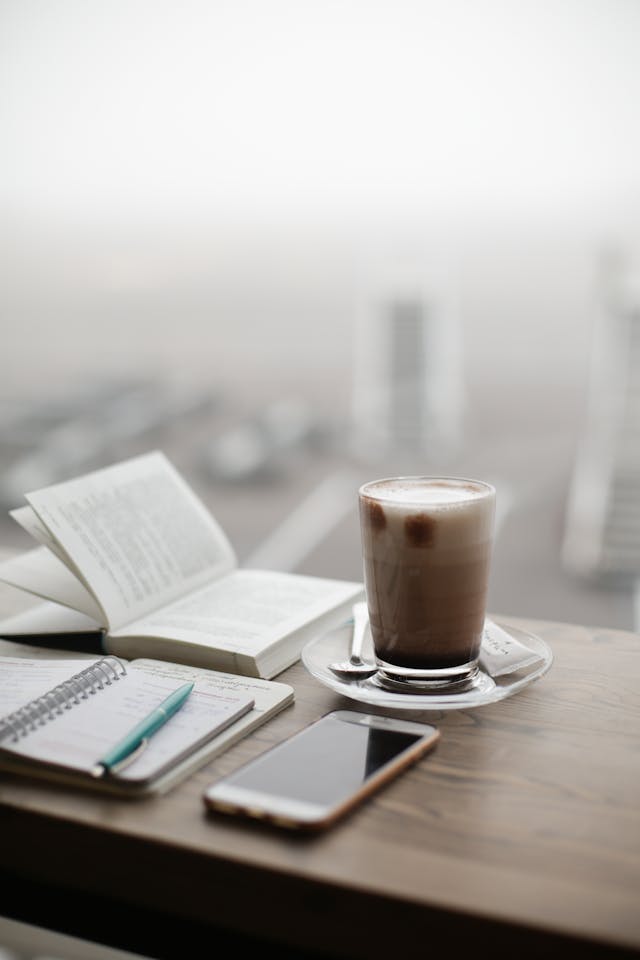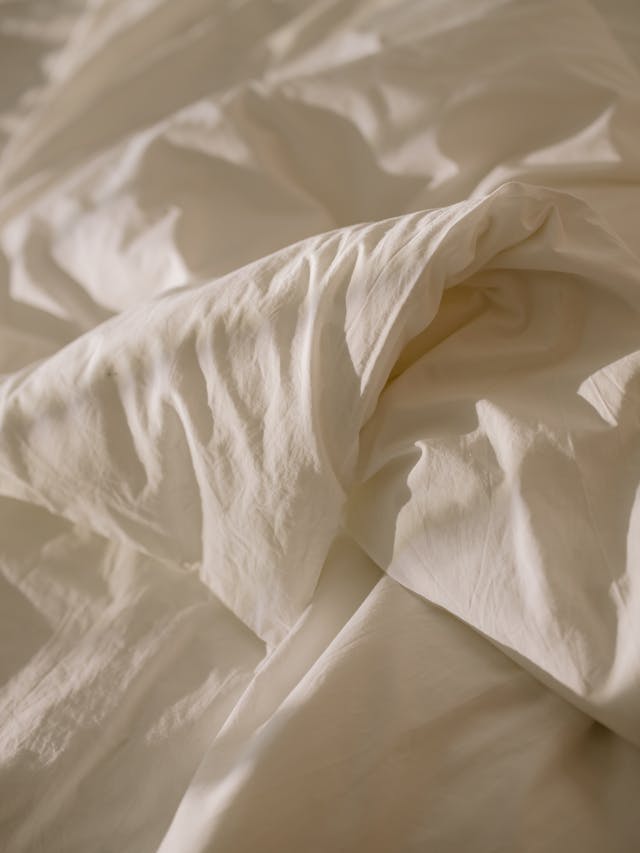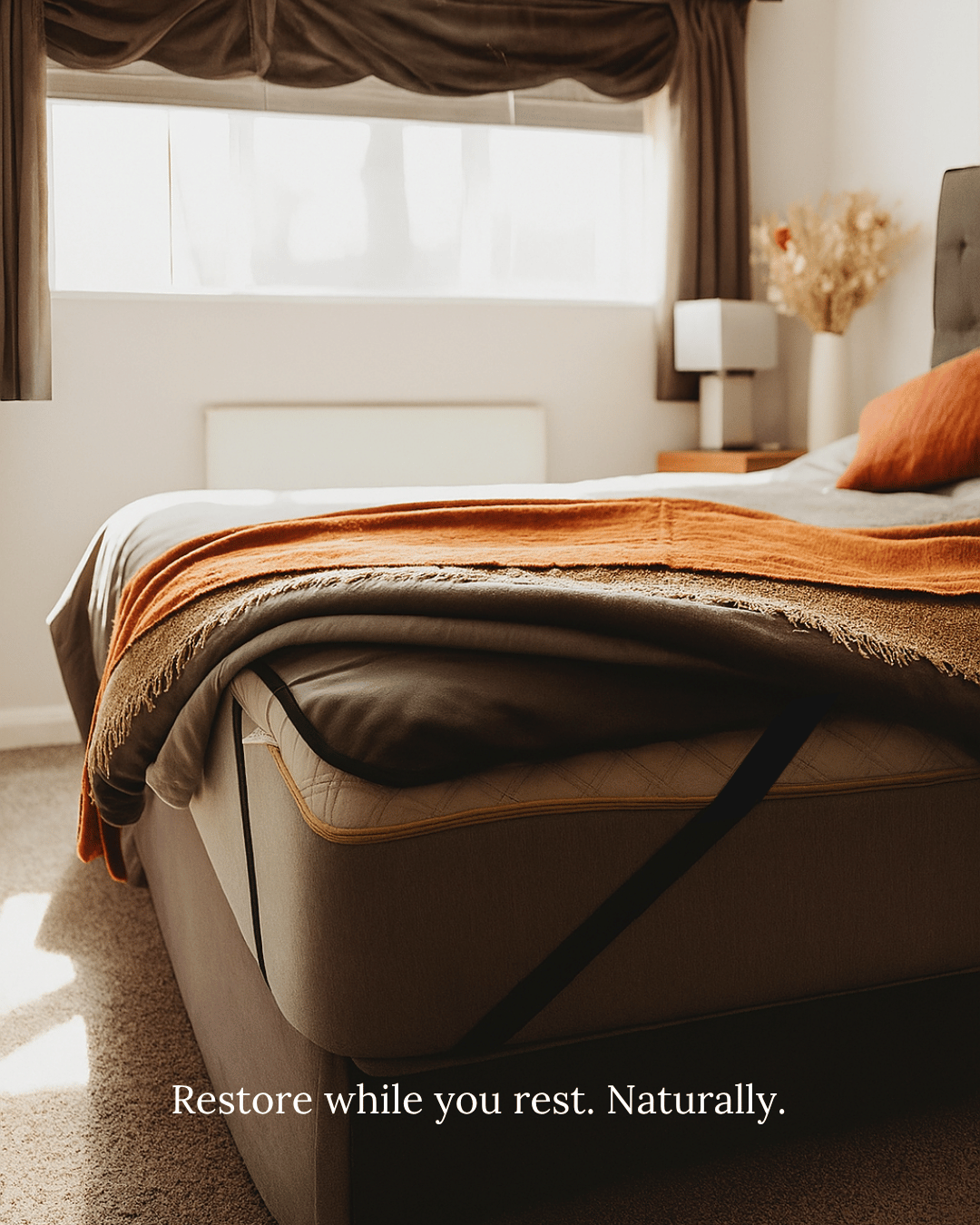The Breakfast That Doesn’t Fight Sleep
Aunt Lila keeps a paper calendar on the fridge. She circles the nights she slept well—no scores, no pressure, just a gentle check‑in.
What’s really going on (in plain English)
Pain and sleep are a two‑way street. Better nights may soften pain; less pain may allow better nights. Small comfort tweaks matter.
Hydration earlier in the day beats big glasses of water at bedtime. Timing is a wellness tool.
If you track, compare weeks—not nights. If you don’t track, a three‑line paper log is often more peaceful.
A short science aside
Deep sleep naturally declines with age. That’s expected; the goal isn’t perfect graphs—it’s better days and steadier nights.
Coffee‑shop conversation
Imagine we’re across a small table, mugs warm in our hands. You share the week’s sleep, I nod at the parts that feel familiar.
We don’t chase perfection. We notice patterns: the lamp that helps, the snack that doesn’t, the way a phone call settled your mind.
From the community
The best thing I did wasn’t a gadget. It was going outside for five minutes in the morning.
—Luis, 61
Myth & reality
-
Myth: If it didn’t work in two nights, it never will.
Reality: Sleep adapts slowly. Judge by trends over two weeks, not single nights. -
Myth: Only high‑tech solutions count.
Reality: Simple habits—light, timing, comfort—often deliver the longest‑lasting gains.
Reader mailbag
-
Q: Do I have to change everything to feel better?
A: Not at all. One small change—kept consistently for a few weeks—often beats ten changes you abandon. -
Q: Are screens always the enemy?
A: They’re tools. If you enjoy an e‑reader, lower the brightness and keep the room lighting cozy.
This week’s small win
One reader dimmed the living‑room lamp twenty minutes earlier than usual. Another took a short post‑dinner stroll.
No timers, no tracking—just a kind nudge. Their notes the next morning sounded lighter.
Where a grounding mattress cover might fit
If you like a set‑and‑forget approach, some readers prefer a simple, wipe‑clean surface under the fitted sheet—steady contact without adding laundry.
When you’re curious, you can read the care notes here: Earthbound Grounding Mattress Pad.
Questions to take on a walk
- Who could you call this week just to trade stories?
- Which small habit do you actually like enough to keep?
- Where could light be a little softer in the last hour?
What readers keep asking
People ask about gentle sleep habits, calm evening routines, morning light benefits, and grounding mattress pads—especially for older adults who prefer sleep tracking without gadgets and softer lighting for aging eyes.
A note about data
Numbers can help, but only if they lower stress. Many readers switch to a three‑line paper log and feel immediate relief.
If you love your wearable, compare weekly averages and ignore nightly noise.
Rooms that breathe
Open a window for ten minutes if the weather allows. Cooler, fresher air can reset a stuffy bedroom.
Frequently asked questions
- Is this medical advice?
- No. It’s educational and supportive. Please talk with a clinician about personal concerns.
- Do I need to overhaul everything?
- Please don’t. Pick one small change you like, and keep it for a couple of weeks.
- Where can I learn about low‑maintenance contact?
- Here’s a starting point: Earthbound Grounding Mattress Pad.
















